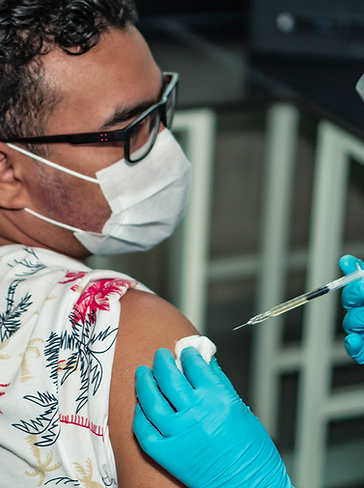The factors and strategies identified by the collaboration can be used by anyone looking to develop and deliver policies, strategies, and plans to improve vaccine uptake across different communities.
More detail on each of the factors that influence vaccine uptake and the strategies that can improve uptake can be found below.
If you are interested in reading the full data summaries from the rapid review, please email hello@couchhealth.co

Factors identified by the collaboration that influence vaccine uptake.
Strategies identified by the collaboration that can improve vaccine uptake.
© 2021 Collaboration for Change